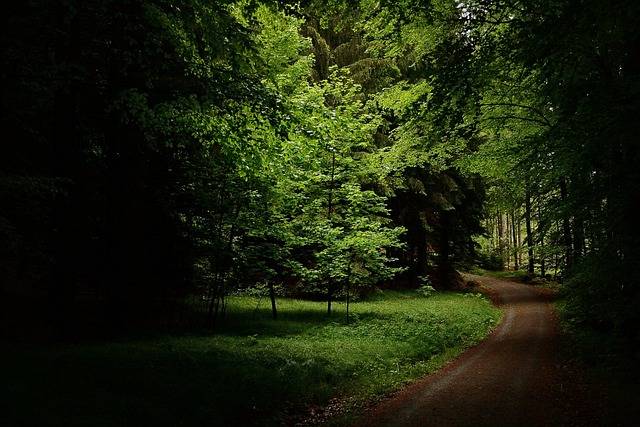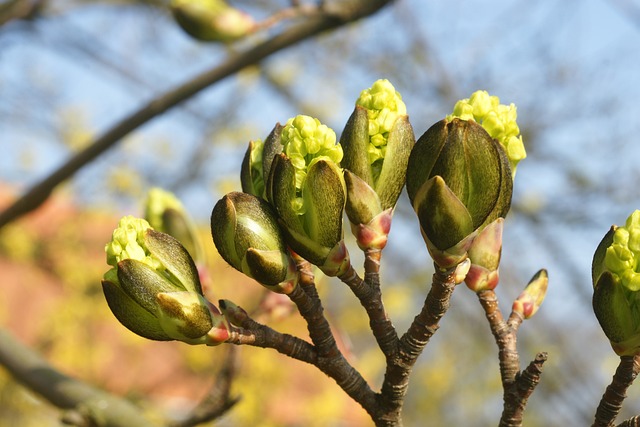jogo do bicho 22h ✨ Jogo do Bicho: A Cultural Phenomenon at 22h

Jogo do Bicho: A Cultural Phenomenon at 22hjogo do bicho 22h
In the vibrant tapestry of Brazilian culture, few phenomena are as enduring and captivating as the Jogo do Bicho. This popular game of chance, steeped in tradition and social dynamics, has evolved significantly since its inception in the late 19th century. At precisely 22h, the Jogo do Bicho transforms from a mere pastime into a rite of passage for numerous participants across the country, reflecting not only the complexities of Brazilian society but also the resilience and adaptability of its people.
The Jogo do Bicho originated in the 1880s as a promotional strategy for a zoo in Rio de Janeiro. The original intention was to attract visitors by allowing them to bet on the outcomes of animal drawings. Over the years, however, this seemingly innocent game morphed into an extensive underground lottery system, with players wagering on numbers associated with various animals. What began as an innocuous attraction soon became a cultural mainstay, intertwining itself with the daily lives of millions. jogo do bicho 22h
At 22h, the game reaches a crescendo. This hour marks the culmination of a day’s worth of anticipation, where players across social strata converge with a shared hope of fortune. It is a moment that transcends mere gambling; it embodies a collective experience laden with aspirations and dreams. For many, participating in the Jogo do Bicho is not just about winning money; it is about belonging to a community, embracing a shared identity, and engaging in a ritual that has persisted through decades of political and economic turmoil.jogo do bicho 22h

The allure of the Jogo do Bicho lies not only in its simplicity but also in the social connections it fosters. Players often gather in groups, discussing strategies, sharing stories, and celebrating wins together. This communal aspect transforms the act of betting into a social event, reinforcing bonds among friends, families, and neighbors. In a country marked by socioeconomic disparities, the game serves as a unifying force, allowing individuals from various backgrounds to come together in pursuit of a common goal.
Despite its popularity, the Jogo do Bicho has faced significant challenges, particularly concerning legality. Officially unregulated, it operates in a gray area of Brazilian law, with authorities occasionally cracking down on its operations. However, the resilience of the game is evident in how it has adapted to these challenges. Informal networks and clandestine operations have emerged, ensuring that the game continues to thrive despite legal constraints. This adaptability speaks volumes about the game’s ingrained position within Brazilian culture, highlighting a societal inclination to find ways to engage with practices that resonate deeply with the populace.jogo do bicho 22h
The Jogo do Bicho also reflects broader societal issues, including economic inequality and the desire for upward mobility. For many, the small investment required to play is an enticing opportunity to escape financial hardships. The potential for a substantial win provides hope, albeit often fleeting, in a landscape where opportunities can be scarce. This aspect of the game is critical in understanding its cultural significance; it is not merely a game of chance but a representation of the aspirations and struggles faced by many Brazilians.
Moreover, the Jogo do Bicho has inspired a myriad of artistic expressions, from music and literature to visual arts. It has permeated popular culture, with references appearing in songs, films, and television shows, further embedding it within the national consciousness. The imagery of animals and numbers associated with the game has been creatively interpreted, showcasing its role as a symbol of both luck and chance in the Brazilian psyche.jogo do bicho 22h
As the digital age progresses, so too does the Jogo do Bicho. With the advent of technology, online platforms have emerged, allowing players to engage with the game in new and innovative ways. This digital transformation has the potential to expand the game’s reach, drawing in younger generations while maintaining its core essence. The integration of technology into this traditional game illustrates a fascinating intersection of old and new, where cultural heritage meets modernity.jogo do bicho 22h

In conclusion, the Jogo do Bicho at 22h is more than a mere game; it is a cultural phenomenon that encapsulates the spirit of Brazilian society. It serves as a testament to the resilience of a people who find joy and camaraderie in shared experiences, despite the challenges they face. As it continues to evolve, the game remains a vibrant part of Brazil's cultural landscape, a symbol of hope, community, and the enduring human spirit. The narrative of the Jogo do Bicho is far from over; it is a story that will likely unfold for generations to come, reflecting the complexities and triumphs of a nation that thrives on its rich cultural heritage.jogo do bicho 22h
Fale conosco. Envie dúvidas, críticas ou sugestões para a nossa equipe através dos contatos abaixo:
Telefone: 0086-10-8805-0795
Email: portuguese@9099.com


